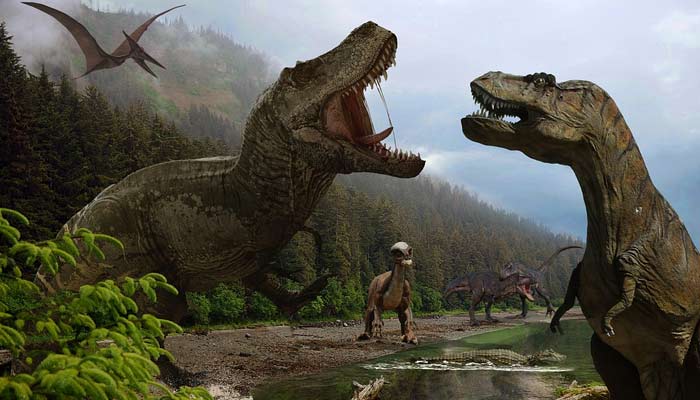Scientists discover 200-million-year-old dinosaur ecosystem
Fossils reveal dinosaurs roamed 200 million years ago in a lost prehistoric ecosystem
Scientists, studying a fossil site of “unique importance”, have learnt about a lost prehistoric ecosystem which was home to dinosaurs over 200 million years ago.
At Lavernock on the south coast of Wale in the United Kingdom, a team of palaeontologists described and analysed fossil beds for a study published in the Proceedings of the Geologists’ Association.
These fossil beds have been dated back to the Triassic period, which lasted from roughly 252-201 million years ago. This was the same period when the dinosaurs first appeared.
"The bone beds there have been known since the 19th century, but had yet to be investigated by modern paleontologists," Owain Evans, lead author of the study with the University of Bristol in the UK, told Newsweek.
"We hoped to officially record the geological strata, and further understand the fossil fauna—what was the local ecology like 200 million years ago?" he added.
-
Trump passes verdict on Bad Bunny’s Super Bowl halftime show
-
Blac Chyna reveals her new approach to love, healing after recent heartbreak
-
Melissa Jon Hart explains rare reason behind not revisting old roles
-
Japan elects Takaichi as first woman Prime Minister after sweeping vote
-
'We were deceived': Noam Chomsky's wife regrets Epstein association
-
Martha Stewart on surviving rigorous times amid upcoming memoir release
-
18-month old on life-saving medication returned to ICE detention
-
Cardi B says THIS about Bad Bunny's Grammy statement












